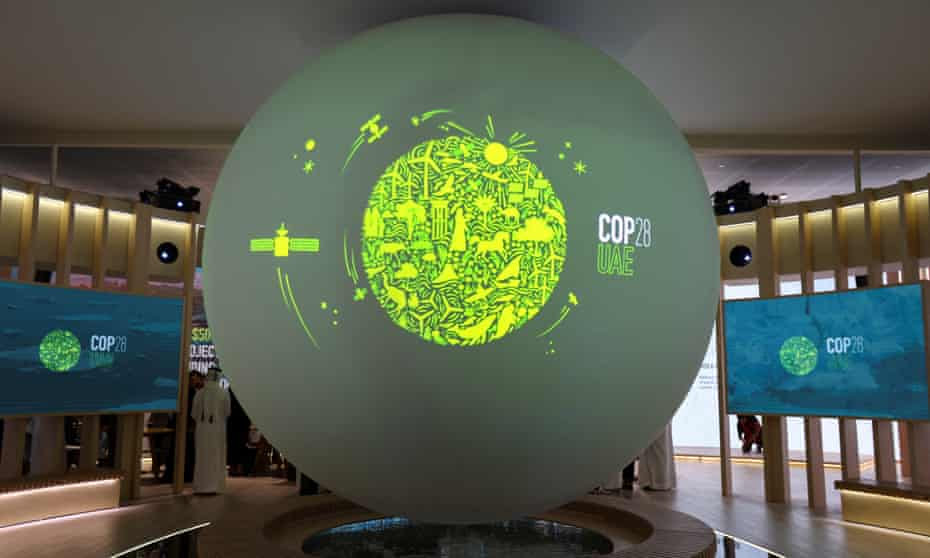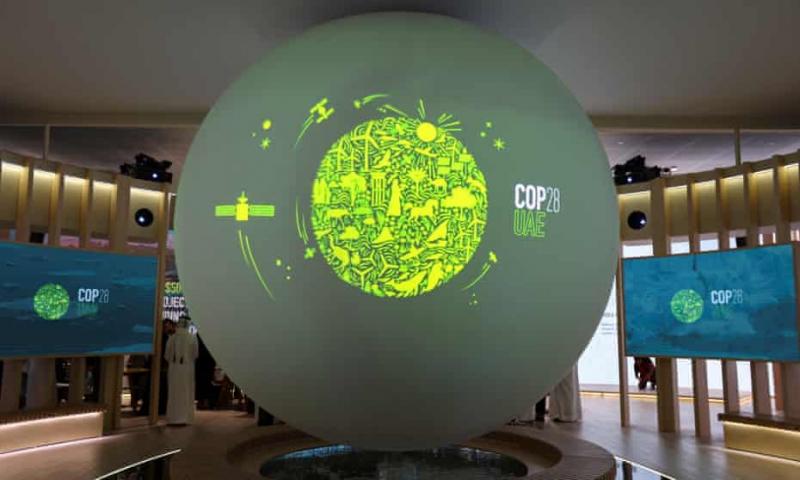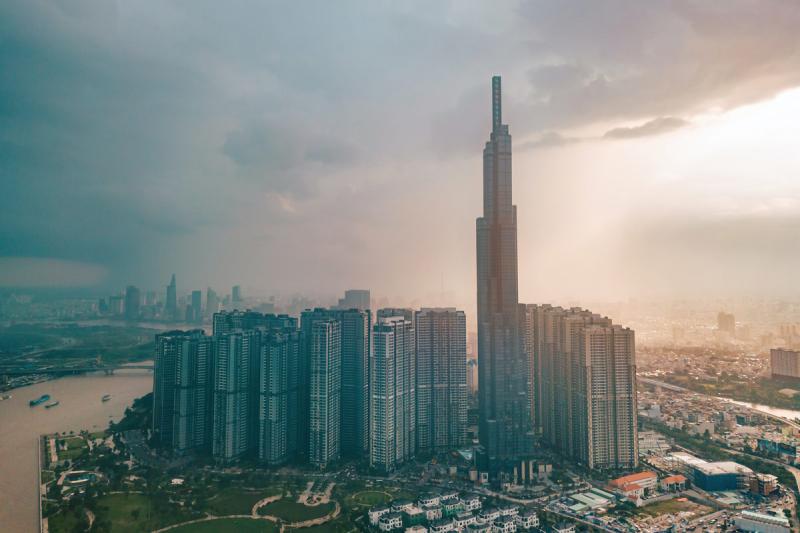May 11, 2023

UAE Modern Legal Topics - Environment, International Treaties, National laws & Marine Waste management
It is well recognized that management of marine waste is a critical environmental issue in many countries. Waste-water treatment takes place under different technical, economic, and social contexts, thus requiring different approaches and involving different solutions. In most cases, a regular and environmentally safe marine waste treatment requires the development of realistic and enforceable regulations, as well as treatment systems appropriate to local circumstances.
Marine waste sources could be divided into categories such as,
- plastic debris (which end up at the sea by numerous land and coast-based human activities),
- ship industry [ship waste (operational wastes, food wastes, oil residues, cooking oil etc.) and ships as waste] as the most direct way of pollution
- radioactive waste
- other hazardous substances
MARPOL (The International Convention for Prevention of Marine Pollution for Ships) is the main International Convention concerning the prevention of pollution from ships caused by operational or accidental causes. It was adopted at the International Maritime Organization (IMO) in 1973.The Convention was modified in 1978. The Protocol of 1978 was adopted in response to several tanker accidents in 1976–1977 and entered into force on 2 October 1983. After the revision in 1978, it is known as MARPOL 73/78. Another significant modification was made in 1997 when annex VI (Prevention of Air Pollution from Ships) was added. Amendments are made periodically through the Marine Environment Protection Committee (MEPC) of IMO.
As of now, the technical requirements of MARPOL are included in six separate Annexes:
- Annex I–Regulations for the Prevention of Pollution by Oil,
- Annex II–Regulations for the Control of Pollution by Noxious Liquid Substances in Bulk,
- Annex III–Prevention of Pollution by Harmful Substances Carried in Sea in Packaged Form,
- Annex IV–Prevention of Pollution by Sewage from Ships,
- Annex V–Prevention of Pollution by Garbage from Ships,
- Annex VI–Prevention of Air Pollution from Ships.
According to the amendments to MARPOL Annex V ships need to carry:
- Placards posted on board noting the discharge requirements (applicable to ships ≥ 12 m and fixed and floating platforms),
- A Garbage Management Plan (applicable to ships ≥ 100 GT or certified to carry 15 or more persons, and fixed and floating platforms),
- A Garbage Record Book (applicable to ships ≥ 400 GT or certified to carry 15 or more persons, and fixed and floating platforms). The new format of Garbage Record Book is divided into Part I and II.
All the GCC countries have signed and ratified not only the MARPOL Convention but also the Basel Convention on the control of transboundary movements of hazardous wastes and their disposal and in addition they take innovative measures in national and transnational level to fulfill the scopes of these conventions.
More specifically, In Abu Dhabi, Abu Dhabi Sewerage Services Company (ADSSC) oversees collecting and treating wastewater discharged from all residential and commercial customers.
The UAE's Ministry of Climate Change and Environment, in the terms of the Federal Law No. 24 of 1999 on the Protection and Development of the Environment, issued a ministerial decision regarding the organization of the passage and export of hazardous waste consignments across the UAE's borders. The ban includes the movement of hazardous waste by sea, land, or air within the country without written permission from the ministry, which is in line with Basel Convention mentioned above.
Also Law No. 12 of 2018 on “the integrated waste management” stipulates that the Competent Authority and the ports authorities shall coordinate between them concerning the Establishment of appropriate facilities at the State’s maritime ports, in order to receive Waste from shipping vessels and from the operators of other marine facilities. The Competent Authority shall transport the Waste collected from these facilities and deal with them according to each category that are determined at the Annexes of the law.
Generally speaking it is more than obvious that the UAE, apart from the intense incorporation of a modern environmental legislation , clearly adopt a pioneer vision regarding the critical global environmental issues .



